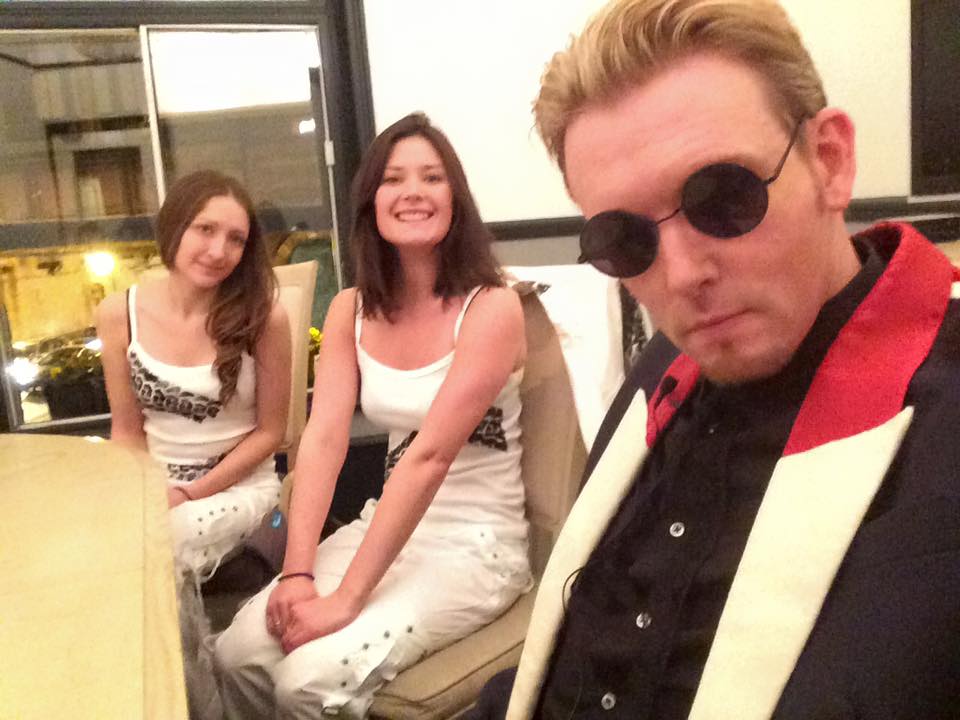Dr. Will Brooker, a professor of Film and Cultural Studies at Kingston University, is now halfway through his project covering 40 years of music legend David Bowie’s career and has entered music’s digital age – the 1990s.
The project itself is research for an academic book about Bowie, with Dr. Brooker searching for a new angle by immersing himself in the culture that Bowie was experiencing at specific periods of time.
Dr. Brooker, 45, said: “It grew from there, to include painting, singing, costume and performance. It has become a kind of artwork in itself, an experiment in taking on various characters all of whom are different stages in a single man’s life and career. It began as a personal experiment and expanded into a public project.”
Bowie is known as a musical chameleon for his ever-changing appearance and sound. His Single “Telling Lies” was the first ever download of a song distributed through the Internet in 1996. Two years later he launched BowieNet, the world’s first artist-created Internet service provider.
“I would be surprised if you could think of an individual who was more rich and fascinating for research like this than David Bowie. His work has spanned so many forms of art over several decades. There really is nobody comparable in my opinion,” Dr. Brooker added.
Dr. Brooker’s website foreverstardust.com went live on December 1 and it offers people to email the “Sailor” and get a reply from him in character.
He said: “The website is really just a little showcase of the project so far, so people can see the work in progress – and a way of engaging with the way Bowie used the internet in the 1990s.
“I would say that as an average week has 168 hours, I am ‘in character’ for about 147 of those hours.”
This project has changed Dr. Brooker’s life in many ways and has given him the opportunity to return to the creative outlets and energies that he, like many people, abandoned when he grew up.
“I think we all have an unfortunate tendency to narrow down our skills and interests, and not practice art as we become ‘adults’. We tend to think that art is not something for us: singing, acting, painting, building models from card and clay, designing outfits, dressing up, even dancing.
“We stop doing the things we enjoyed as children. It is an enriching experience to experiment with art, and not feel self-conscious about it,” he said.
This project has meant that Dr. Brooker has become more of a public figure with both national and international journalists contacting him frequently.
He said: “That aspect, while it also leads to exciting opportunities, can be quite tiring and makes me value my privacy more.”
After the project finishes Dr. Brooker will have lived the equivalent of several years within twelve months.
Dr. Brooker added: “I will have had a unique experience that will, I hope, give me the energy and momentum to continue making art of some kind, and doing interesting things, once the project is officially over. I will also get two books out of it, and a video diary I’m compiling of the year.”





